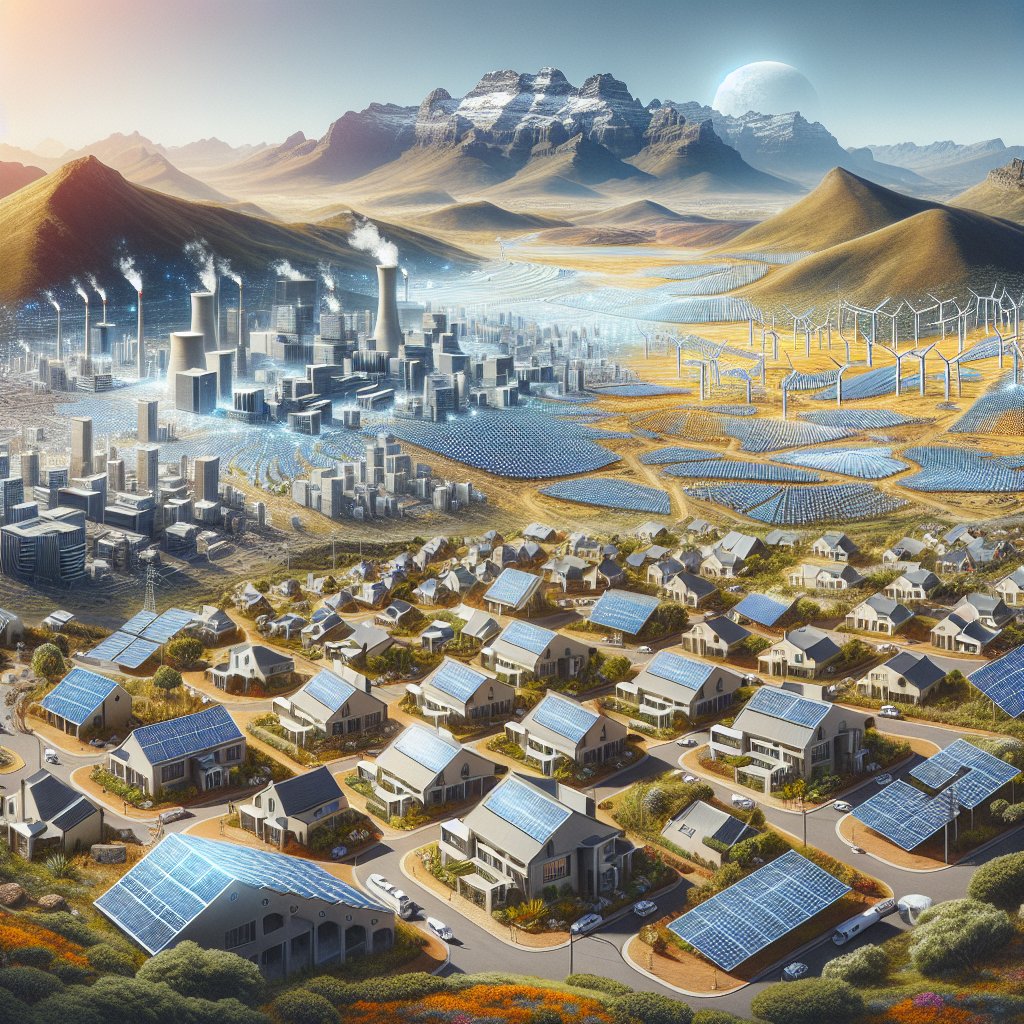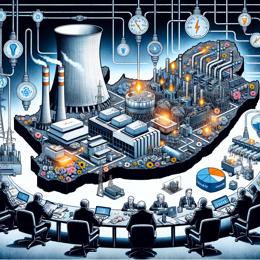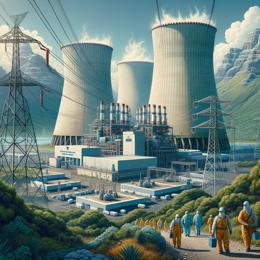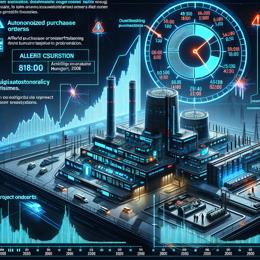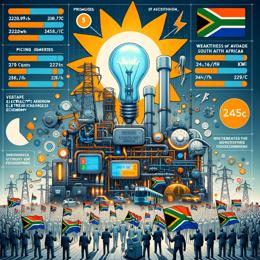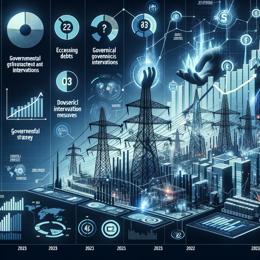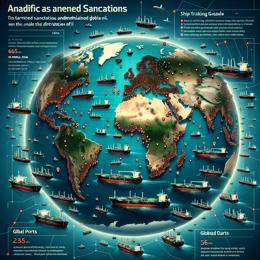Content created by AI
South Africa's Shift to Private Power Generation as Eskom Fades
South Africa's energy landscape is undergoing a transformative shift, with the private sector increasingly stepping in to meet electricity demands amid Eskom's continued slump. Detailed in Eskom's interim financial results, a 5.9% sales volume drop signals a decrease in reliance on the public utility, spurred by supply constraints, pervasive load-shedding, economic pressures, and a surge in independent power generation.
This transition is underscored by the rapid rise of solar photovoltaic (PV) installations across the nation. Research by RMB Morgan Stanley anticipates that private electricity generation will supplant Eskom's output within two years. The surge in self-generation is evident in the remarkable increase in rooftop solar installations—an impressive 4,412 megawatts (MW) was reported in the 12 months leading up to June 2023, a stunning 349% spike from March 2022.
The burgeoning renewable energy sector is not merely anecdotal—R12 billion worth of solar panels imported in 2023 signify a material influx of 2,200 MW in capacity. This expansion dilutes the demand for Eskom-supplied power, consequently affecting the utility's revenue, evidenced by a 2.3% cut in sales as per Public Enterprises Minister Pravin Gordhan.
Economists like Dawie Roodt characterize this phenomenon as a form of privatisation by necessity, with the private sector organically assuming the roles traditionally held by the state-operated Eskom. This shift is not born of policy but rather a response to the deterioration of state resources, leading to a de facto handover of functions. Roodt foresees substantial infrastructural changes within the next 18 to 24 months.
The significant move towards private generation contradicts the government's stated position against the privatisation of Eskom. The finance ministry has reiterated its stance, clarifying no intention to privatize the key strategic assets of the power utility. Yet, Deputy Finance Minister David Masondo highlights the need for a diversified energy sector beyond Eskom's singular hold on generation, advocating for a shift from a monopolistic to a competitive market.
The sentiments of diversification and reform were also echoed by Minister of Mineral Resources and Energy, Gwede Mantashe, alluding to the government's objectives outlined in the 1998 White Paper on Energy Policy. The strategy envisions an inclusive electricity market with multiple contributors while maintaining a public sector role in electricity generation to some extent.
South Africa's movement towards a renewable future appears to be part of a global trend favoring sustainable energy solutions. With environmental concerns at the forefront, alongside economic incentives, solar and wind energy are becoming increasingly prevalent as sustainable alternatives to traditional fossil fuels.
While the data paints a picture of a changing energy sector in South Africa, this report serves as a precursor to the evolving dynamics of power generation. It aims to provide a comprehensive snapshot but is not intended as financial or investment advice. As always, individuals should consult professional advisors to align their investment decisions with personal financial goals.
